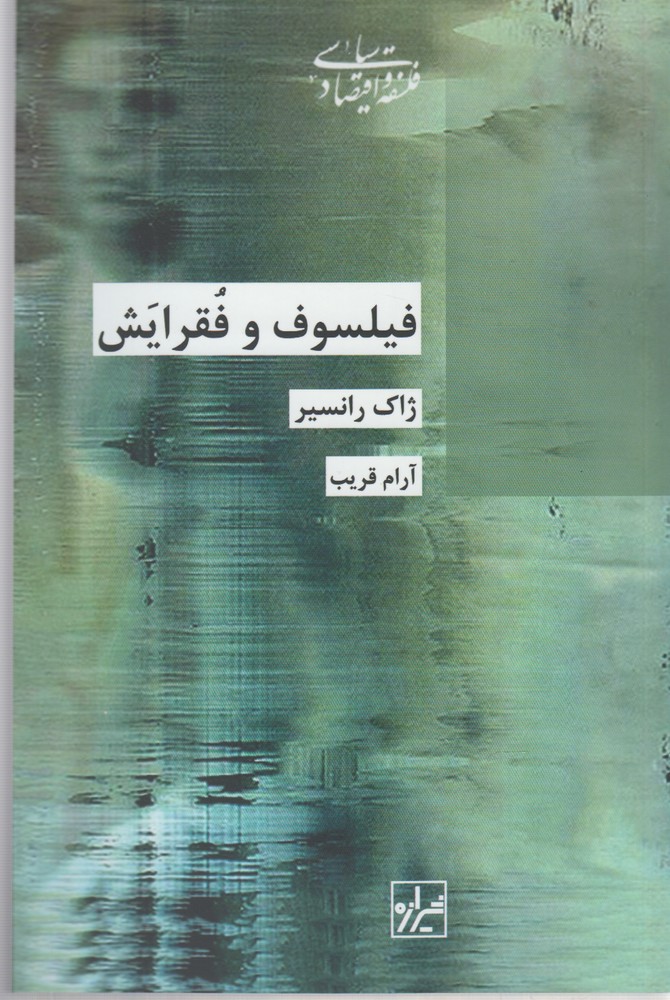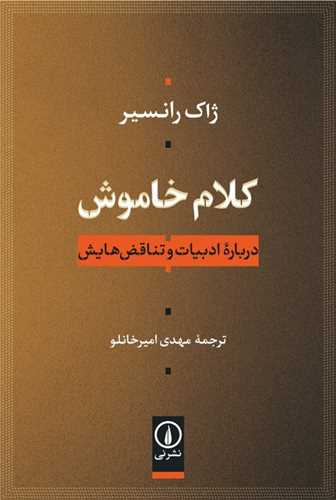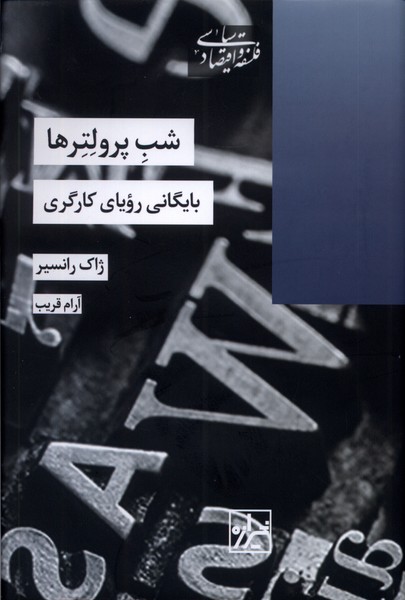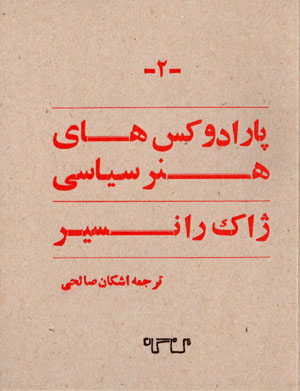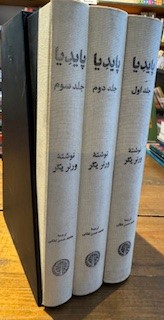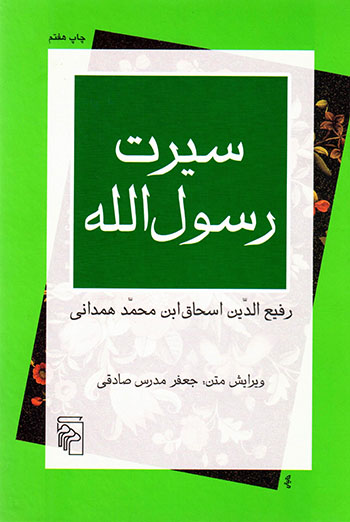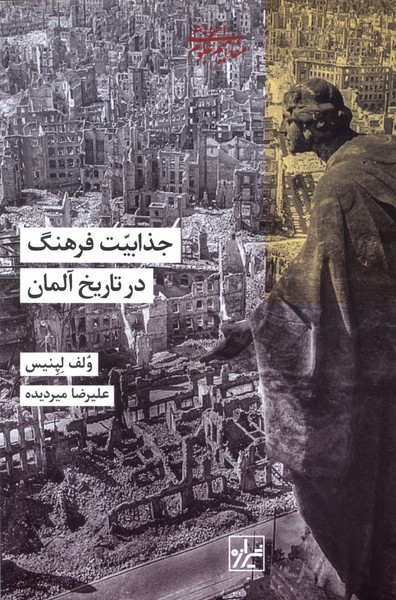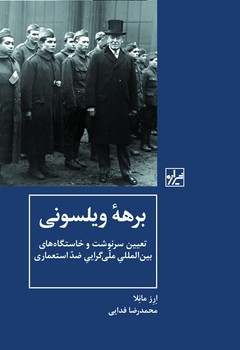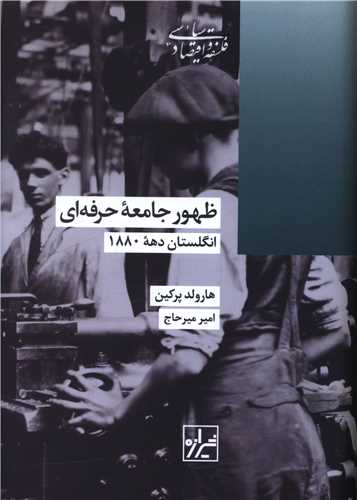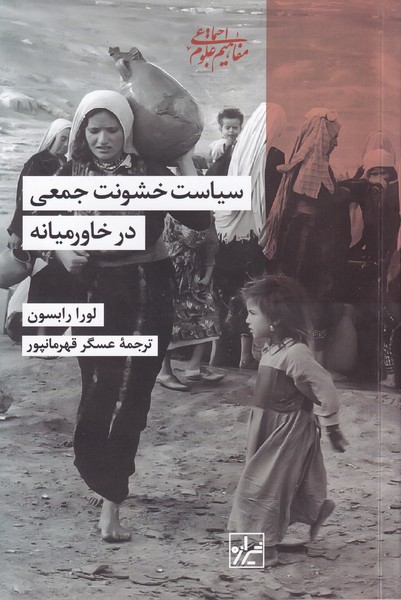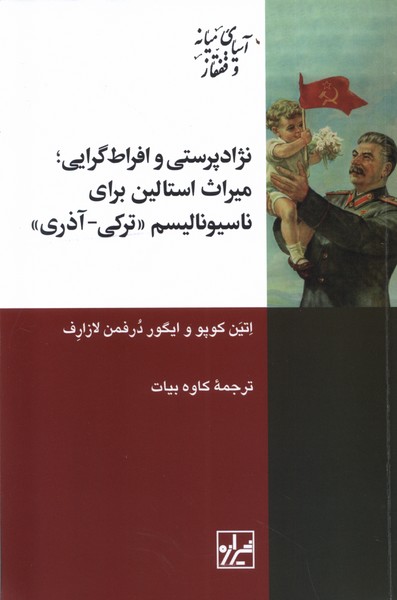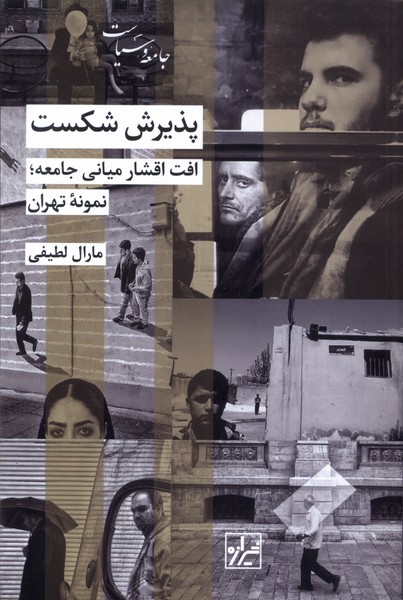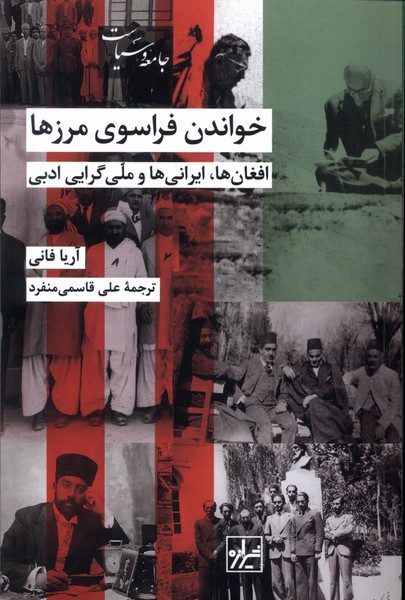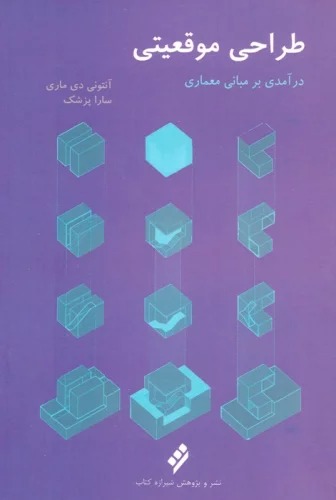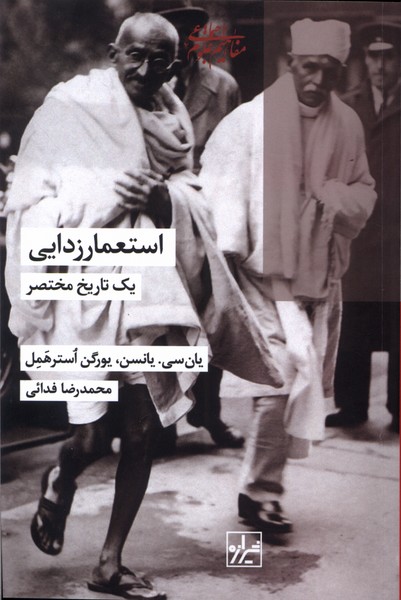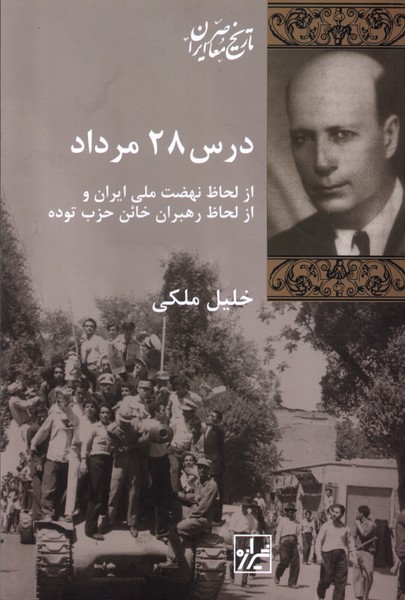فیلسوف و فقرایش الفارسية 1439
Fīlsūf va fuqarāyash
23٫33 $
مشاركة
Wishlist
ISBN رقم:
9786008514817
المترجم:
Aram Qarib
الناشر:
Shirazih
الفئة العمرية:
البالغون
الصفحات:
363
الوزن:
414 g
أبعاد المنتج:
14 x 21 x 3٫3 cm
غلاف الكتاب:
کتب کرتونیه للأطفال
What has philosophy to do with the poor? If, as has often been supposed, the poor have no time for philosophy, then why have philosophers always made time for them? Why is the history of philosophy—from Plato to Karl Marx to Jean-Paul Sartre to Pierre Bourdieu—the history of so many figures of the poor: plebes, men of iron, the demos, artisans, common people, proletarians, the masses? Why have philosophers made the shoemaker, in particular, a remarkably ubiquitous presence in this history? Does philosophy itself depend on this thinking about the poor? If so, can it ever refrain from thinking for them? Jacques Rancière’s The Philosopher and His Poor meditates on these questions in close readings of major texts of Western thought in which the poor have played a leading role—sometimes as the objects of philosophical analysis, sometimes as illustrations of philosophical argument. Published in France in 1983 and made available here for the first time in English, this consummate study assesses the consequences for Marx, Sartre, and Bourdieu of Plato’s admonition that workers should do “nothing else” than their own work. It offers innovative readings of these thinkers’ struggles to elaborate a philosophy of the poor. Presenting a left critique of Bourdieu, the terms of which are largely unknown to an English-language readership, The Philosopher and His Poor remains remarkably timely twenty years after its initial publication.
more
فلسفه چه ربطی به فقرا دارد؟ اگر، همانطور که اغلب تصور می شود، فقرا زمانی برای فلسفه ندارند، پس چرا فیلسوفان همیشه برای آنها وقت گذاشته اند؟ چرا تاریخ فلسفه – از افلاطون تا کارل مارکس تا ژان پل سارتر تا پیر بوردیو – تاریخچه بسیاری از چهرههای فقیر است: پلبس، مردان آهنین، دموها، صنعتگران، مردم عادی، پرولتاریا، تودهها؟ چرا فیلسوفان به ویژه کفاش را به طور قابل توجهی در این تاریخ حضوری فراگیر کرده اند؟ آیا خود فلسفه به این تفکر در مورد فقرا بستگی دارد؟ اگر چنین است، آیا هرگز میتواند از اندیشیدن به جای آنها خودداری کند؟ «فیلسوف و بینوایان» ژاک رانسیر در خوانش دقیق متون اصلی تفکر غربی که فقرا در آن نقش اصلی را ایفا کردهاند، درباره این پرسشها تأمل میکند. گاهی اوقات به عنوان مصادیق استدلال فلسفی. این مطالعه کامل که در سال 1983 در فرانسه منتشر شد و برای اولین بار در اینجا به زبان انگلیسی در دسترس قرار گرفت، پیامدهای مارکس، سارتر و بوردیو را از توصیه افلاطون که کارگران نباید «هیچ چیز دیگری» جز کار خود انجام دهند، ارزیابی میکند. این خوانش های بدیع از مبارزات این متفکران برای تشریح فلسفه فقرا ارائه می دهد. فیلسوف و بینوایان با ارائه نقد چپ از بوردیو، که اصطلاحات آن تا حد زیادی برای خوانندگان انگلیسی زبان ناشناخته است، بیست سال پس از انتشار اولیه به طرز قابل توجهی به موقع باقی مانده است.
more

